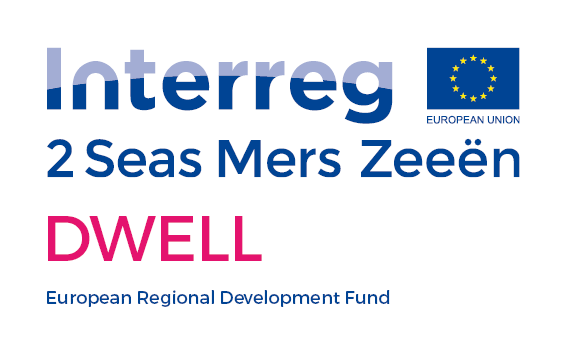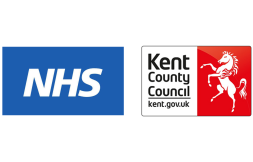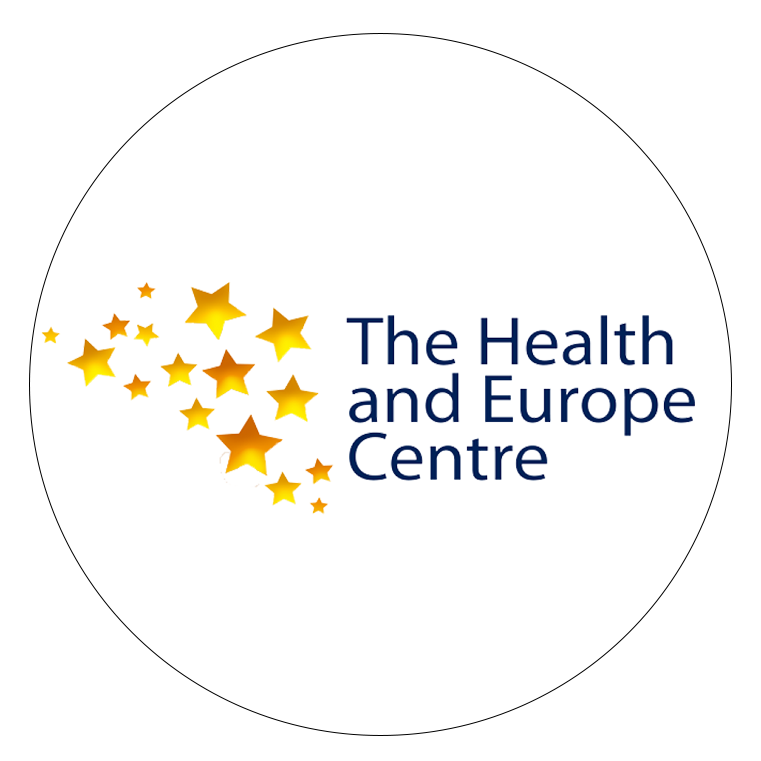

More than €1.9 million (£1.6 million) of European funding (from the European Regional Development Fund) was secured by this cross-border partnership to develop a pan-European approach to tackling Type 2 diabetes.
Called DWELL (Diabetes and WELLbeing) this initiative involved eight partners from the UK, Belgium, the Netherlands and France (see below for partner details).
Diabetes Times: https://diabetestimes.co.uk/latest-results-from-dwell-project-to-be-revealed-at-conference/
Diabetes Professional Care: https://www.diabetesprofessionalcare.com/news/latest-findings-dwell-project-revealed-conference
National Cardiometabolic & Renal Network: https://www.cardiometabolicrenal.co.uk/news/dwell-project
Click here to see the results and reports from DWELL.

